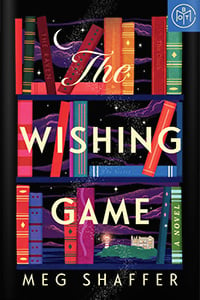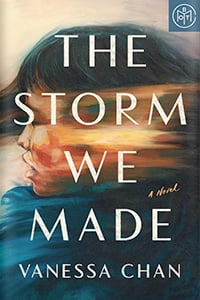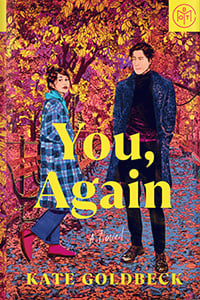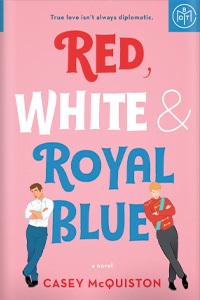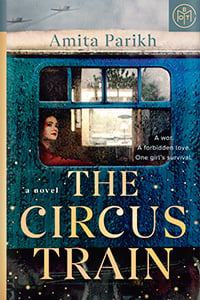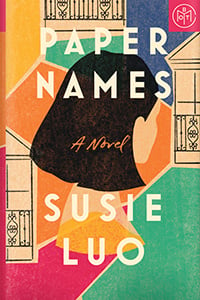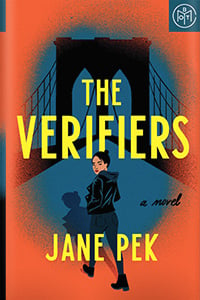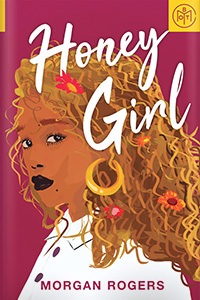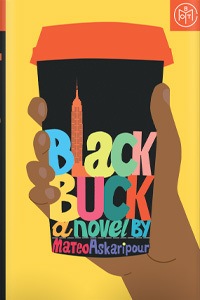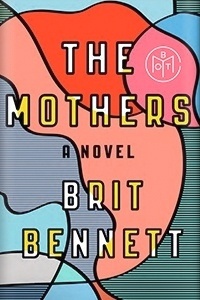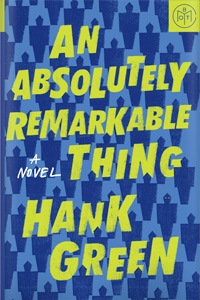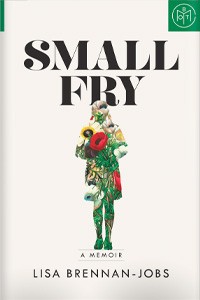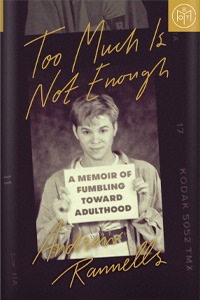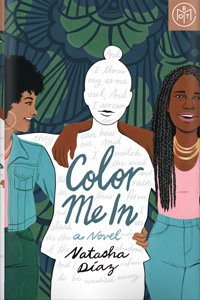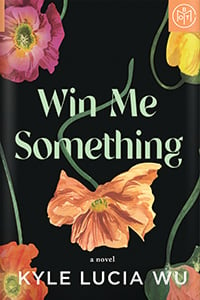

Literary fiction
Marlena
Debut
Early Release
by Julie Buntin
Quick take
Buntin taps into something authentic, a core nugget so true that it feels like, in reading this novel, Marlena happened to me.
Why I love it
Steph Opitz
BOTM Judge
There is something compelling about certain teenage female friendships. The intensity that can rival a great romance. The desperate loyalty, the inexplicable need to pour your every secret into your friend vessel. The mutual adoration that’s near-sexual. Perhaps because, beyond 'œboyfriend' or 'œgirlfriend,' the nebulous shape of a best friendship requires more guarding and defending and is therefore more sacred. I don’t know. But I've had relationships like this, and so have most women I know. And Julie Buntin, in her raw debut novel, nails it.
Like any good novel, the stakes seem higher in Marlena. In this friendship, Cat, age 15, is recently plucked from her home and moved to a trailer park in northern Michigan as a result of her parents’ messy divorce. Her innocence, or maybe just naivety, are the yin to her new neighbor Marlena’s wild and worldly yang. Just two years older, but motherless and saddled with a meth-making father, Marlena has been exposed to much more of the darker sides of life.
Marlena is that kid you don't want your own kid playing with. Yet Cat’s aloof mother is too self-involved to notice or care. Without adult supervision, the girls’ friendship flourishes over the course of a rowdy year as they begin to skip school and get into'¦ pretty much exactly what you’d imagine they’d get into'“sex, drugs, booze, mischief, etc. While this freedom is new and thrilling to Cat, it’s more of the same, and then dangerously worse, for Marlena.
The book is framed as Cat, now an adult living in New York and struggling as a functioning alcoholic, is still forever remembering and reliving her youth, reeling from Marlena’s untimely death. In recounting her year of friendship with Marlena, Cat’s battle scars show, and she lays bare the emotional journey that was both the high-point, and low-point of her life.
The intimacy of the friendship, and the intimacy of the novel, jogged memories of my high school girlfriends. And, while I’ll definitely pass this book on to them (because really, it’s so excellent) I will also give them a warning that the story hits close to home: we too lost the wild, intoxicating friend in our group during our senior year (a girl very much like Marlena). It was painful in many of the ways that Cat feels, and in many ways that Cat could never feel. Buntin taps into something authentic, a core nugget so true that it feels like, in reading this novel, Marlena happened to me. Her loss became a loss in my life. And, even if this story is foreign to your own life experiences, it’s so deeply felt that it will, nonetheless, be worth the emotional ride.





